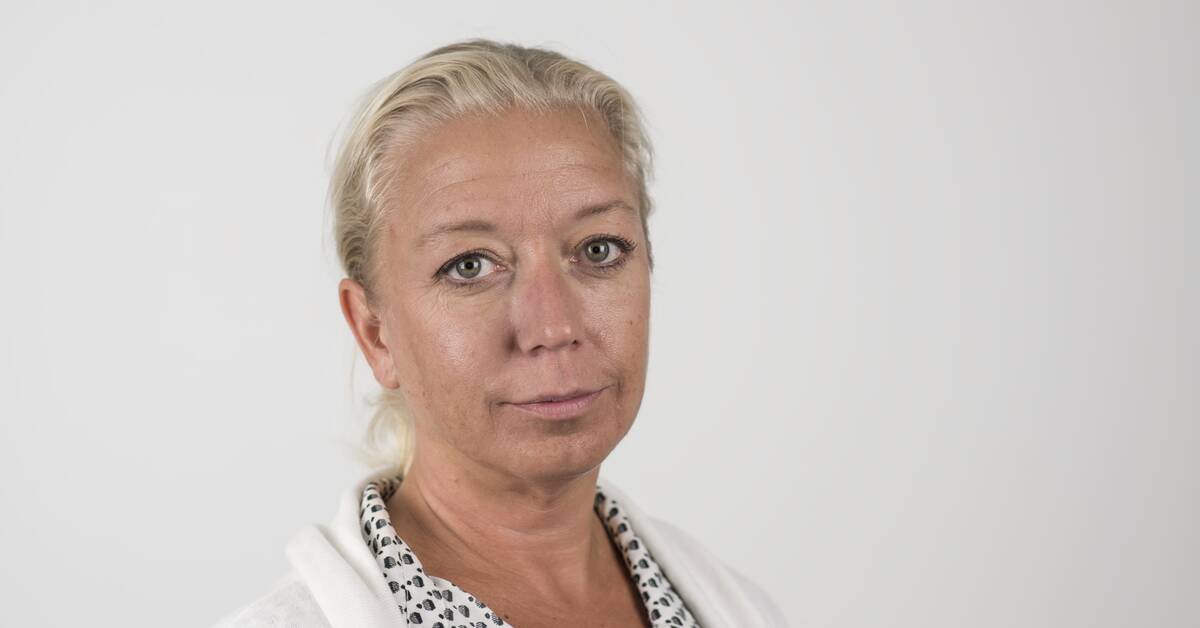Twelve days before Russia's invasion of Ukraine, Finance Minister Mikael Damberg (S) flagged the end of aid packages.
Gone are the days of extra change budgets to support households and businesses.
- Now it's time to return to normality and overall budget processes.
"I think the political system is doped by the pandemic," the finance minister told TT.
Today it was clear that normality must wait.
A loan-financed support package of close to SEK 14 billion to alleviate some of the worst effects of the high electricity and fuel prices.
Unexpected support for car owners
The biggest item was the most unexpected - a thousand bucks for everyone who owns a car, regardless of fuel.
The electric driver thus receives the same fuel compensation as the one who drives on petrol or diesel.
Like the one who does not use his car at all.
And those who live in sparsely populated areas receive an extra SEK 500.
When it is thought that reality is unclear, but in total the cash subsidy is estimated to cost the Treasury four billion.
The opposition on the right is critical but the question is whether they will ultimately say no.
After all, it is an election in less than six months, an election where wallet issues may become more important than in a long time.
For the same reason, the increased housing allowance for families with children is also accepted by the Riksdag.
Because even though the opposition emphasizes that it is better to reduce taxes further than to increase subsidies, it is about half a billion, which is a smaller amount in this context.
Hard pressure on the government
Most expected was the temporary tax cut on petrol and diesel, which means that the price at the pump will be SEK 1.30 lower.
The pressure on the government to act has been strong and with today's announcement, Sweden is at the lowest level that is compatible with EU regulations.
In addition, the tax cut of 50 öre that M, KD and SD pushed through in the autumn budget.
A reduction that the government then meant was a short-term way of locking people into further petrol addiction, but which is now being embraced.
More than half of today's packages are aimed at relief for those with petrol and diesel cars.
However, M, KD and SD are not satisfied but will push for greater tax cuts in the Riksdag.
But such a maneuver requires an exemption from the EU's energy tax directive, which the government does not believe it can get through.
Continued dispute over the reduction obligation
It is easy to forget that high fuel prices were a hot political potato even before Russia invaded Ukraine.
The price increases for oil and the increased demands for more biofuels in the tank already hit many households hard, especially those without alternatives to the car.
Therefore, it was only a matter of time before the government would act.
But there is one issue that will continue to be debated and that is the duty to reduce it.
Maintaining the current levels even in 2023, which the government wants, is not enough according to both the right-wing opposition and the Left Party, which justifies its demand for a sharp reduction by saying that the biofuel involved threatens biological diversity.
Does not compensate for all price increases
But for a government that has pointed out climate change as one of its three most prioritized issues and that envisages continued cooperation with MPs and Cs after the election, a reduced reduction obligation is a long way off.
Despite the extensive support package, the Minister of Finance was clear that the government will not compensate households for all price increases.
Time enough and depending on how the war develops, the promised normality will return.
But the break could be longer than it would have been if it had not been for election year.

